Blog | Educational
We need intergenerational collaboration to face the Climate Crisis
07.03.22 | By Beatrice Veronesi
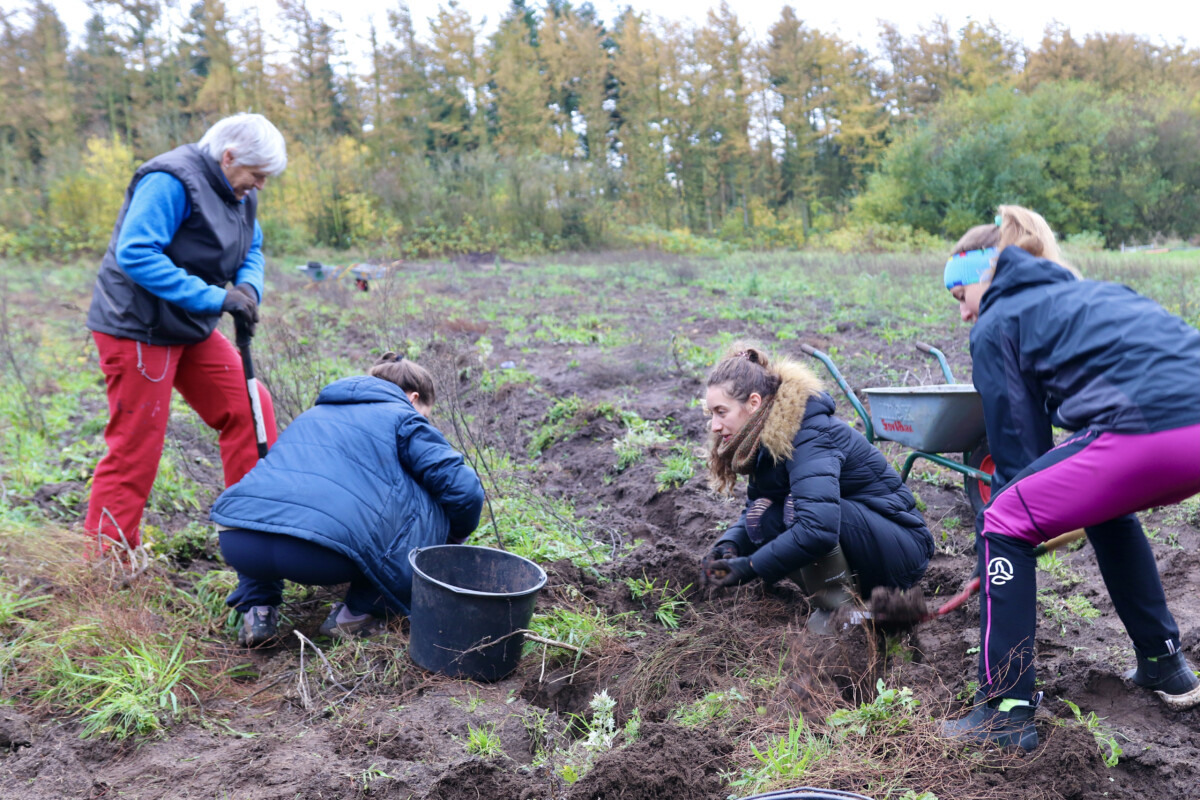
Blog | Educational
We need intergenerational collaboration to face the Climate Crisis
07.03.22 | By Beatrice Veronesi









Intergenerational projects – like combining kindergarten and old age homes under the same roof – are showing us an enlightening approach that can contribute to envisioning practices for planet protection.
We are forgetting our past and neglecting our future. It is part of the legacy of the high-pace systems we have established, exacerbated since the Industrial Revolution. It comes in the form of the mantra “live the present” that originates from deep, ancient philosophies, yet translated into a superficial, commercialised, Westernised expression. Some – like the psychiatrist Robert J. Lifton – say that it comes from the development of nuclear weapons: in a few instants life on Earth could be deleted, so why to even consider a distant future? We are trapped between regrets from the past and worries for the future. So we desperately try to pull our mind and body away from them and back to the present, through Oriental practices that have been dried from their very spiritual, holistic essence.
Be present. Forget yesterday. Forget tomorrow. This translates on the societal structures also into treating children and elderly as half-valid people, not as worthy as working, voting, consuming adults. The linear thinking that calls for unsustainable, unrealistic economic growth is infiltrated in the perspective on life, too. If we were to look at it as a circular process, we could notice how each and every part of it owns the same value and exists only in correlation with the others.
Acknowledge the past.
We can think of the past as obsolete, from which to evolve only. Just move on! Or we could think of the past as a teacher. A wise, old teacher who has passed through many life experiences and who can transmit us all that they know: it’s upon us to reinterpret and modernise ancient knowledge and practices, to match them with the current context and needs.
To recognise all of the people who have come before us and made our existence possible might require a good deal of imagination: around five hundred and fifty years ago, fourteen generations behind, just one of us had 65,536 great grandparents. Isn’t that impressive? What’s even more stunning is the forgotten knowledge that they have carried and that we are dumping in the oblivion. To prevent this, we could start with the teachings of Joanna Macy – a scholar of Buddhism, systems thinking and deep ecology – who has developed a method called Work That Reconnects, which practices include a touching “Walk through time”, that comes in help to synchronize people’s passage through time, as well as evoke memories, both personal and from the collective unconscious, harvesting the gifts of the ancestors. Gifts like prioritising spiritual rather than material possession, a slow pace lifestyle, local network and solidarity, …
Not to forget that we can access even more direct ancient knowledge by simply connecting to those who are still on this planet. Until some decades ago, it was completely normal to live in a three-generation setting. But nowadays, to share a home with the grandparents would sound weird, even shameful to some. What’s the point of reaching such a level of dissociation from our own roots?
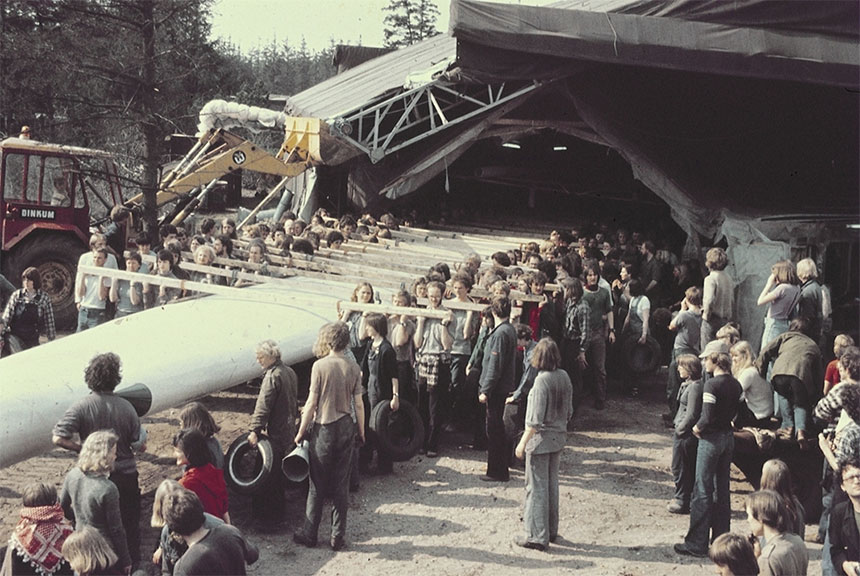
Project to the future.
While the roots are being ignored, the leaves cannot receive the nutrients that are fundamental for them to thrive and proceed with the photosynthesis. I’m talking about the children and all the future generations, who are going to come to life on a likely unlivable planet. When discussing possible solutions to the climate emergency, it is fundamental to do so in long-term thinking that embraces past-present-future, to learn from previous mistakes and project the solutions to the reality that will exist in the future. As the indigenous people wrote in The Constitution of the Iroquois Nation, we must act keeping in perspective the upcoming generations, even those whose faces are still to unravel, considering a seven generation span. This, the number of generations that one is possibly going to meet in a lifetime: from great grandparents to great grandchildren.
If we were to visualise the genealogical tree in a circular shape, we would also notice how the beginning and the end of it – childhood and ageing – come together in similarities. What are the advantages of this correlation?

The Circle of Life.
Industrial and technological development have sped up the pace at which we conduct our lives, to the point that nowadays people won’t stop working or running from one place to the other even at the cost of their own health. The previous generations would make fun of this sick rhythm. Having gone through wars and depressions, they could inspire us with what is actually of primary importance in life.
And what about the way in which they used to consume? In the much less globalised world in which they used to live, the production was restricted to the local areas, goods were few and made to last, contrary to the disposable thinking behind the current offer.
Not to forget that the population was still not concentrated in urban areas, and the rural setting allowed smaller scale community structure, in which knowing and supporting the neighbours was the foundation of a sustainable living. Nevertheless, families played an important role in individual development and were there to support each other, no matter how mad they would be for not marrying the partner they had chosen for you…
Melting together in the Circle of Life are the kids, ready to enlighten us with their inner wisdom still untouched by societal norms, and to inspire us with their freedom of expression, curiosity, creativity and empathy. What if we would combine these teachers together?
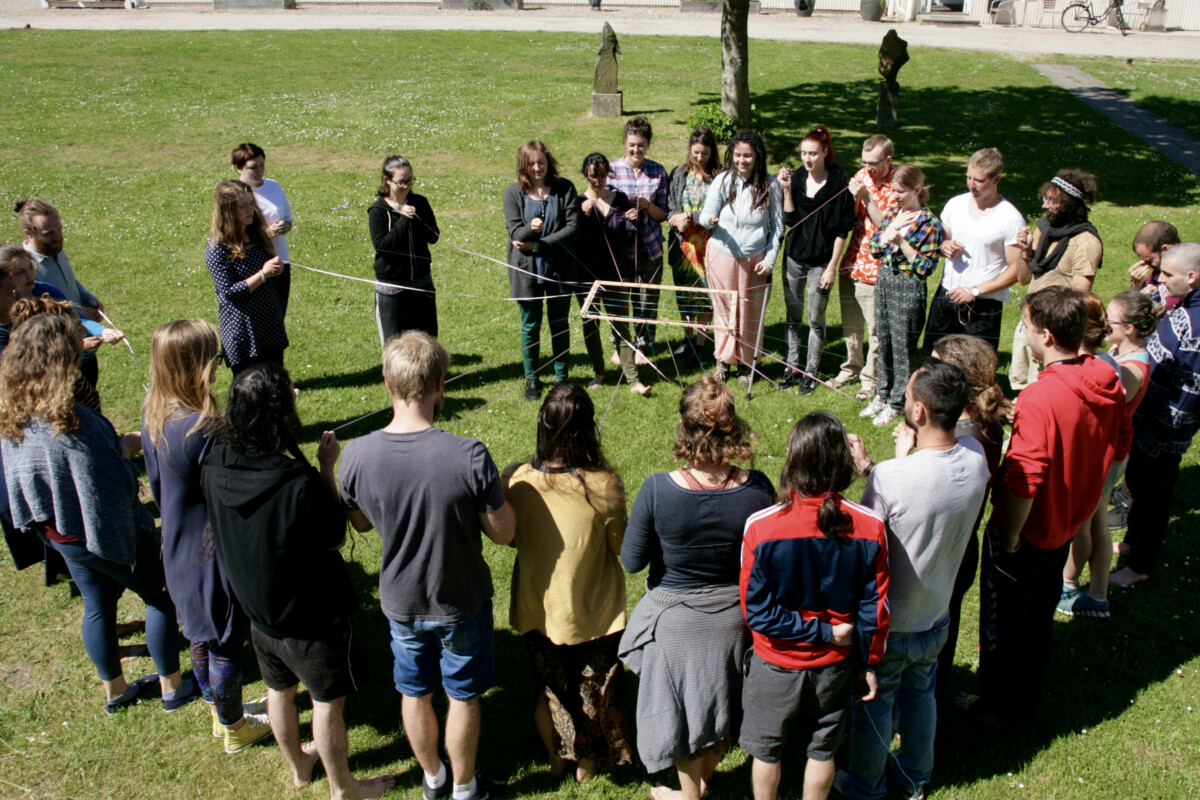
Intergenerational exchange.
Uniting children and elderly: this the progressive approach that some schools in the UK are experimenting with. In intergenerational care homes, children go to visit their old counterparts and instaure easy communication, as studies show how the developing brain of kids can be compared to the elderly’s slower brain, impacted by dementia. Nonetheless the elderly find a space where to freely express themselves and feel useful – an effective prevention to depression – as well as play with the young participants and so enhance their physical health. Whereas children have the chance to meet some representatives of their ancestors and establish friendships that nourish their interest for Life. But not only: young families are exposed to the forgotten, positive sides of ageing and can then view the whole life process in a new light.
Meanwhile in Deventer, Netherlands, the Humanitas project offers students free housing in nursing homes in exchange for taking care of the elderly in a variety of activities, from simply sharing a meal together to teaching them IT skills. In this system, the generational gap can be filled with meaningful exchanges.
These are – among others – glaring examples of how schools and institutions can provide a platform for intergenerational communication and exchange. But can they also help tackle the question of what planet we’re leaving to the next generations and what generations we’re leaving to the planet?
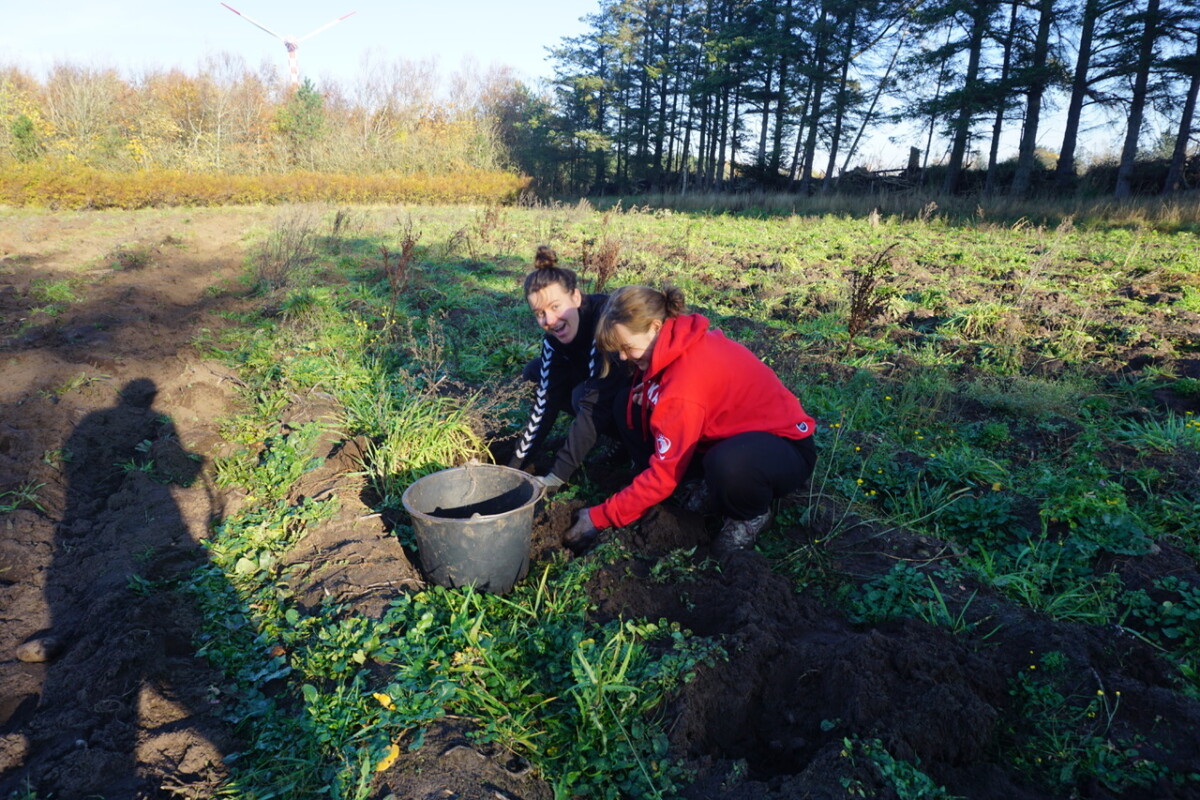
Envision Planet Protection.
Planetary healing will take at least 3-4 decades: this process requires collective responsibility. It is not acceptable to think that the younger generations should take the whole load of work, nor that it should be in the hands of those who have neglected it in the past. Intergenerational coordination is a necessary element to ensure that realistic, long-term, regenerative solutions are sought and applied.
The coordination among generations is not so obviously achievable in a societal structure that is competitive, individualistic and prioritises adults’ democratic participation. But ignored remain the voices of the youth, those who will have to live with the consequences of the choices that are being taken without their consent, and of the elderly, who have already committed many mistakes upon which we could all reflect and have experienced a different lifestyle, more in tune with the Nature rhythms.
Hence, bringing these two marginalised groups together can promote a broader dialogue that can lead to finding better solutions to the climate emergency. Let’s not make the mistake of overlooking the experience and energy that grandma Astrid is bringing to the civil disobedience actions of the group Extinction Rebellion Aarhus, Denmark, nor the perseverance of youngsters like Greta Thunberg, who as a teenager has initiated a global climate movement.
Yet in intergenerational care homes, it is not only mutual care that is shared: kids who find themselves being insatiable sponges to life events can get together with people who have already had many of those experiences. Together, they can reflect on the visible, devastating changes that have happened in a few decades and on the possible future responses of today’s actions. They empathise and develop a love for the place they happen to share – planet Earth – and so a natural sense of responsibility for protecting their Mother in danger.
Not only, but elderly – who used to live in a directly dependent relation with Nature in rural contexts – can transmit their knowledge in the field of farming and local production, helping also to mitigate the longing for exotic, unfair products by sharing their insight in times during which less was more, or less was all that was left.
And if kids and elderly can learn so much from each other, what is the role of the intermediate generation in this relation?
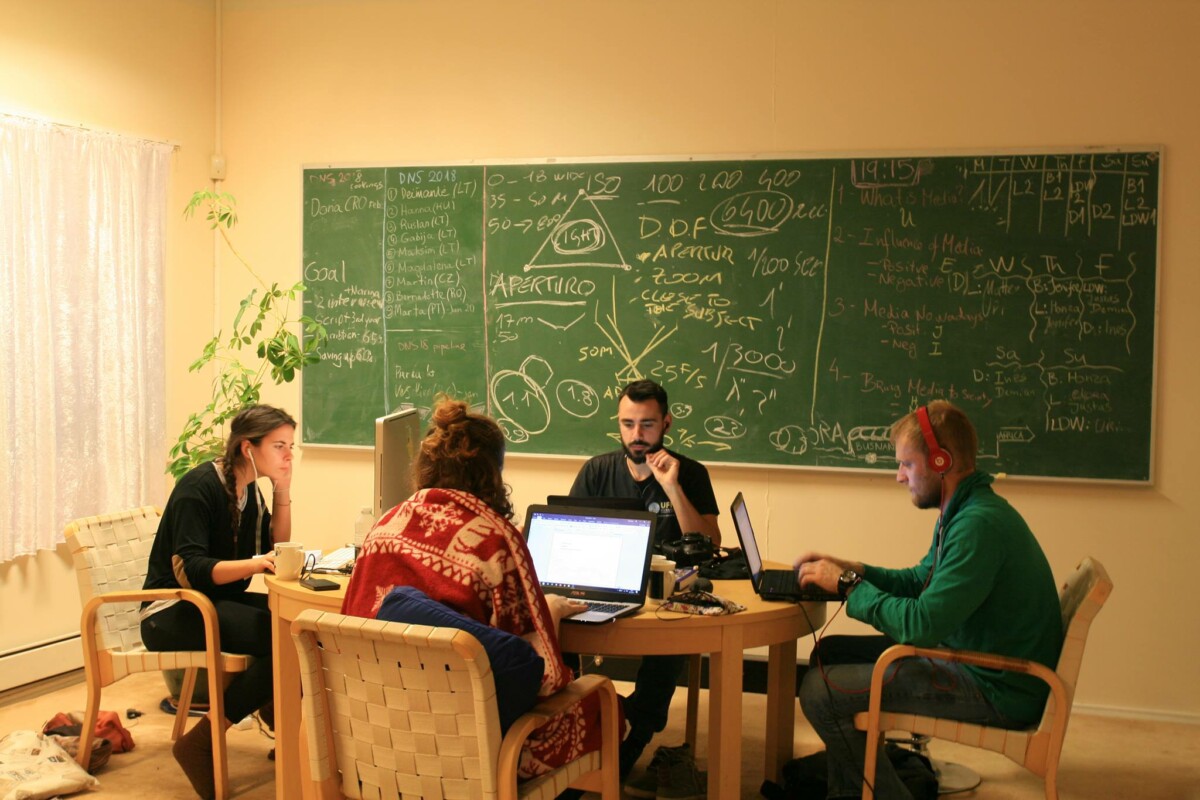
We – the teachers.
We – the teachers – have the honour and the responsibility of guiding the next generations and of passing on the heritage from the past ones. As the intermediate generation, we hold the responsibility for the development of the youth and for the carrying of the elderly. And if that might feel like an overload, we have to keep in mind that we once were children and we will age. There’s no time for complaints, it’s fundamental to act if we want not only to preserve but even regenerate the beauty and functionality of Nature that has been disrupted, distorted, deleted.
This calls for a 360° view on the matter, supported by holistic approaches that can prevent us from looking at single issues and finding out single solutions for environmental, social, economic and political issues that are all interlinked.
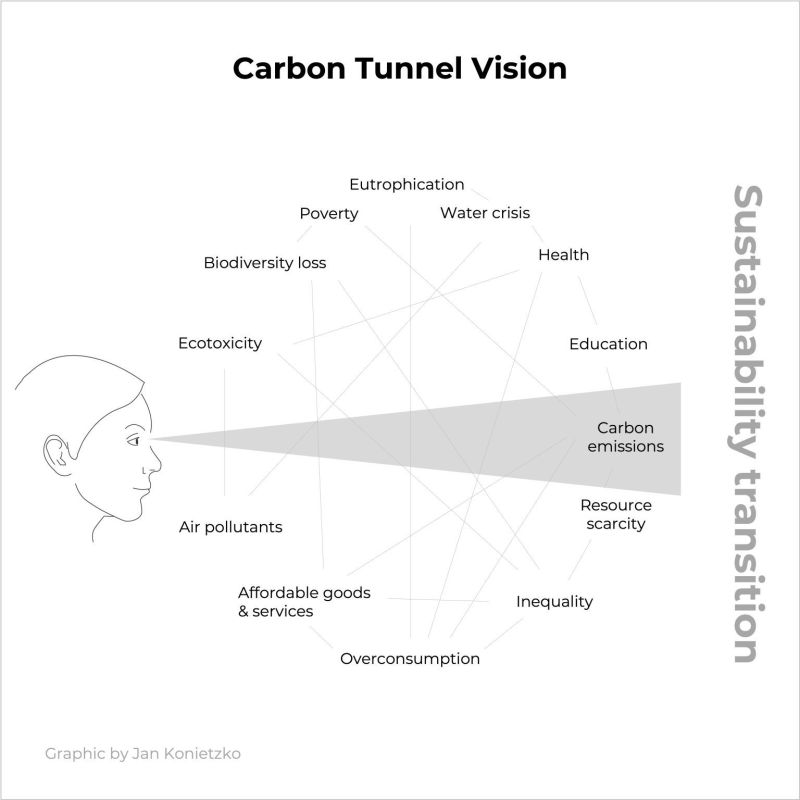
The tunnel to exit.
In order not to fall in simplistic perspective on the environmental crisis, Daniel C. Wahl, author of the study and book Designing Regenerative Cultures, suggests that we need deeper questions, rather than limiting answers and solutions. This, I think, is an enlightening starting point for all of us – the teachers.

List of references
Macy, J. (2017). Introduction. Published online at Work That Reconnects. Retrieved from: https://workthatreconnects.org/resource/introduction-3/
Davis, A.M. (2017). Harvesting the gifts of the ancestors. Published online at Work That Reconnects. Retrieved from: https://workthatreconnects.org/resource/harvesting-the-gifts-of-the-ancestors-by-ann-marie-davis/
Anonymous. (n.d.). Joanna Macy and Her Work. Published online at Joanna Macy. Retrieved from: https://www.joannamacy.net/main
Anonymous. (2018). How children and elderly people come together in UK’s first intergenerational care home. Published online at The Independent. Retrieved from: https://www.youtube.com/watch?v=VSG_FCQ10fA
Wise, C. (2016). What happens when a nursing home and a day care center share a roof? Published online at PBSNewsHours. Retrieved from: https://www.youtube.com/watch?v=j9BfAgRa2uI
Mentink, J. (2016). Intergenerational learning: exchanges between young and old. Published online at TedX Amsterdam. Retrieved from: https://www.youtube.com/watch?v=Pt58fu-TjWc
Sweeney, S. (2012). Seventh Generation. Published online at Native Insight. Retrieved from: https://nativeinsight.blogspot.com/2012/11/seventh-generation.html
Borrows, J. (2008). Seven Generations, Seven Teachings: Ending The Indian Act. Canada: NCFNG. Retrieved from:: https://fngovernance.org/wp-content/uploads/2020/05/john_borrows.pdf
Bloom, A. (2020). Alana Bloom Interviews Daniel Wahl XR Regenerative Cultures. Retrieved from: : https://youtu.be/NPNgbKqM7gc
Reno, S. (n.d.). The Circle of Life [image]. Published online at Pinterest. Retrieved from: https://www.pinterest.com/pin/221450506661900329/
Konietzko, J. (n.d.). Carbon Tunnel Vision [image]. Retrieved from: https://www.linkedin.com/feed/update/urn:li:activity:6872096520947204096/

This article was originally written as an exam product by Beatrice, one of our students, for the subject of Teachers’ Ethics and Planet Protection. Read more about our curriculum here.
Teachers' Ethics and Planet Protection
Teachers’ Ethics and Planet Protection is one of the subjects our students encounter throughout their programme at DNS. The subject touches various topics related to the current environmental crisis and brings up a reflection on what is the role of teachers, students and educational institutions in this regard.

What is DNS?
“The Necessary Teacher Training College” is an alternative higher education aiming to train progressive personalities who are able to understand and respond to the many challenges of our times.
Based in Denmark, our 4-year Bachelor Programme aims to enable its students to become global citizens and proficient educators.
Since DNS was established in 1972, over 1.000 graduates have played an important role in bringing equitable quality education to children and youth, as well as in all sorts of other projects and development programmes worldwide.


Course: The Cuban Literacy Campaign
The Cuban Literacy Campaign and the participation of women in the campaign significantly impacted the Cuban patriarchal culture at a crucial moment. In other words, though a male-led revolution did not give women the space to organise against patriarchy, rather by actively participating in the revolution, women helped change the nature of Cuban patriarchy today.
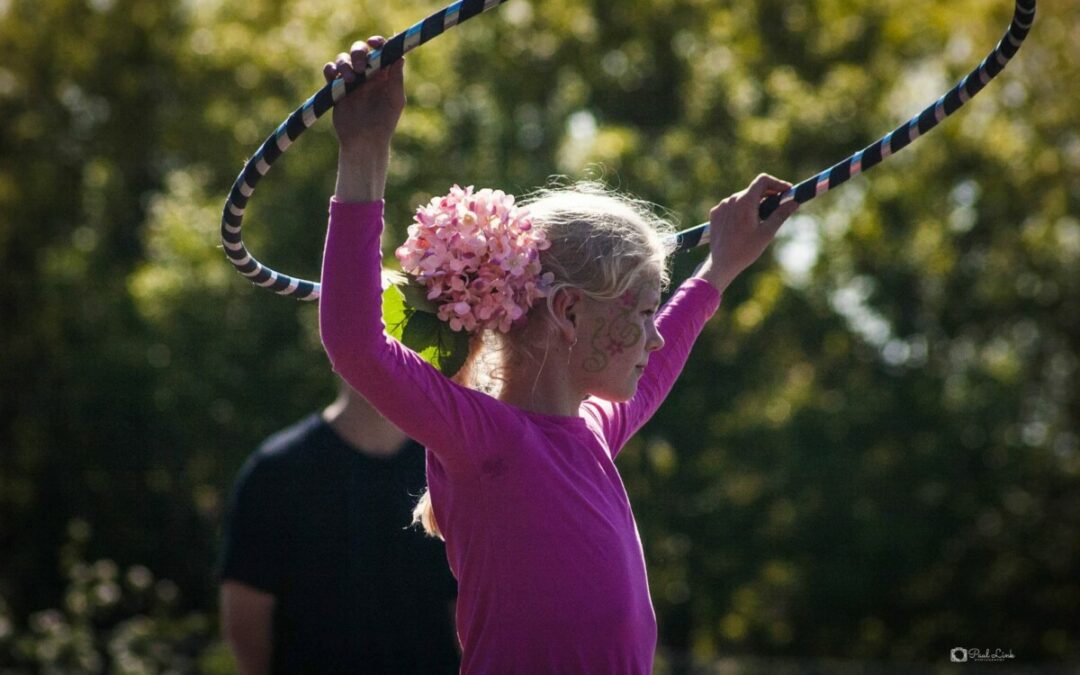
Gamification and Adult Education
In order for gamification in adult’s education to work, educators should resort to strategies such as promoting fun and engaging activities whilst creating a safe and supportive learning environment.
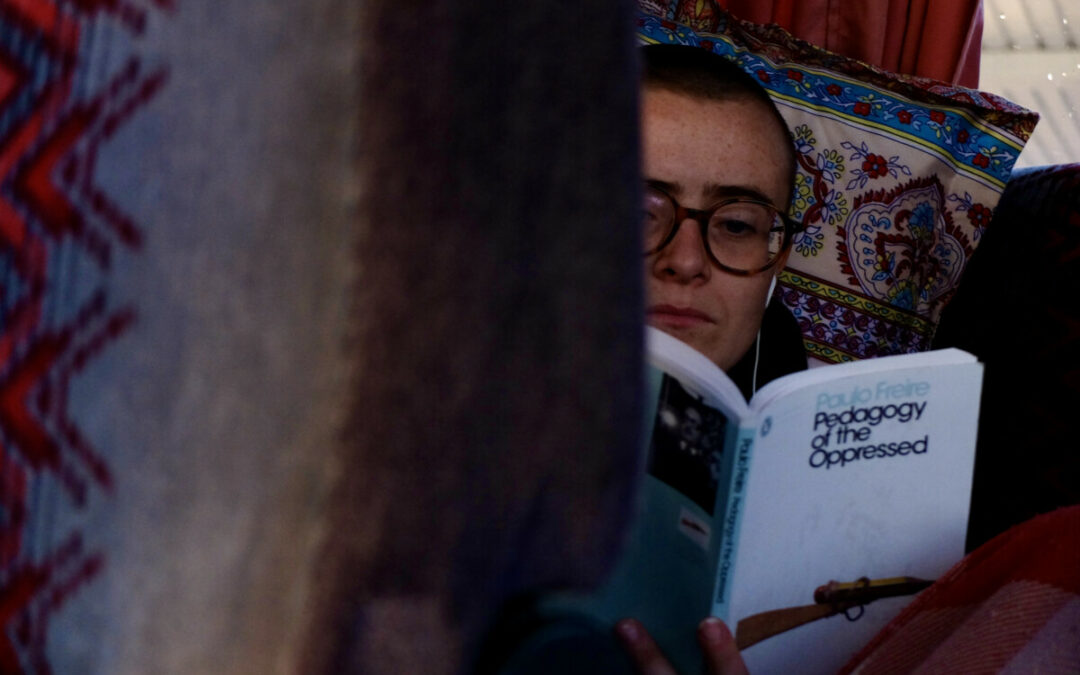
Critical Pedagogy: 8 key concepts you need to know
Critical Pedagogy is a philosophy of education that encourages the students to be critical towards their reality. In this article, we will shed some light on 8 key concepts that stand at its base.




Let’s start a discussion!
Did you like this article? Let us know what you think in a comment!
“It’s fundamental to act now, if we want to preserve and regenerate the beauty and functionality of Nature that has been disrupted, distorted, deleted.”
Here is what others think:


Course: The Cuban Literacy Campaign
The Cuban Literacy Campaign and the participation of women in the campaign significantly impacted the Cuban patriarchal culture at a crucial moment. In other words, though a male-led revolution did not give women the space to organise against patriarchy, rather by actively participating in the revolution, women helped change the nature of Cuban patriarchy today.

Gamification and Adult Education
In order for gamification in adult’s education to work, educators should resort to strategies such as promoting fun and engaging activities whilst creating a safe and supportive learning environment.

Critical Pedagogy: 8 key concepts you need to know
Critical Pedagogy is a philosophy of education that encourages the students to be critical towards their reality. In this article, we will shed some light on 8 key concepts that stand at its base.

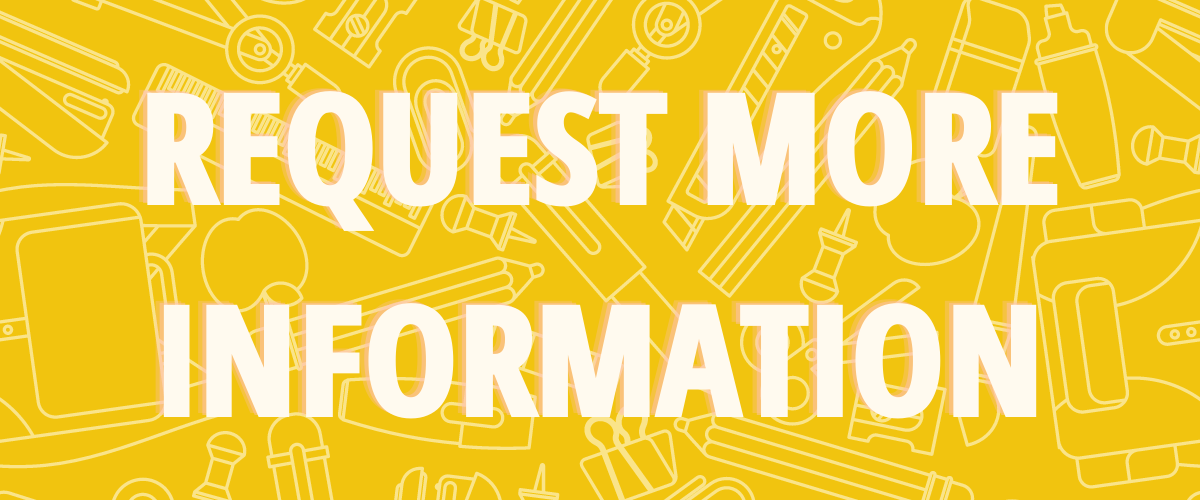

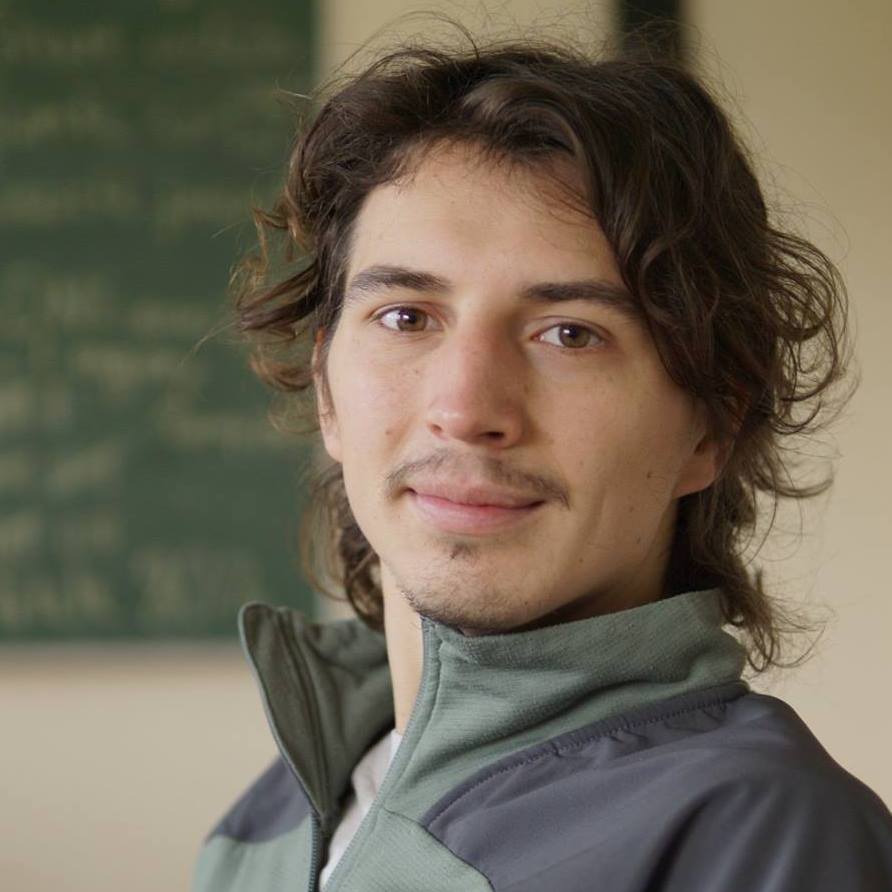
0 Comments